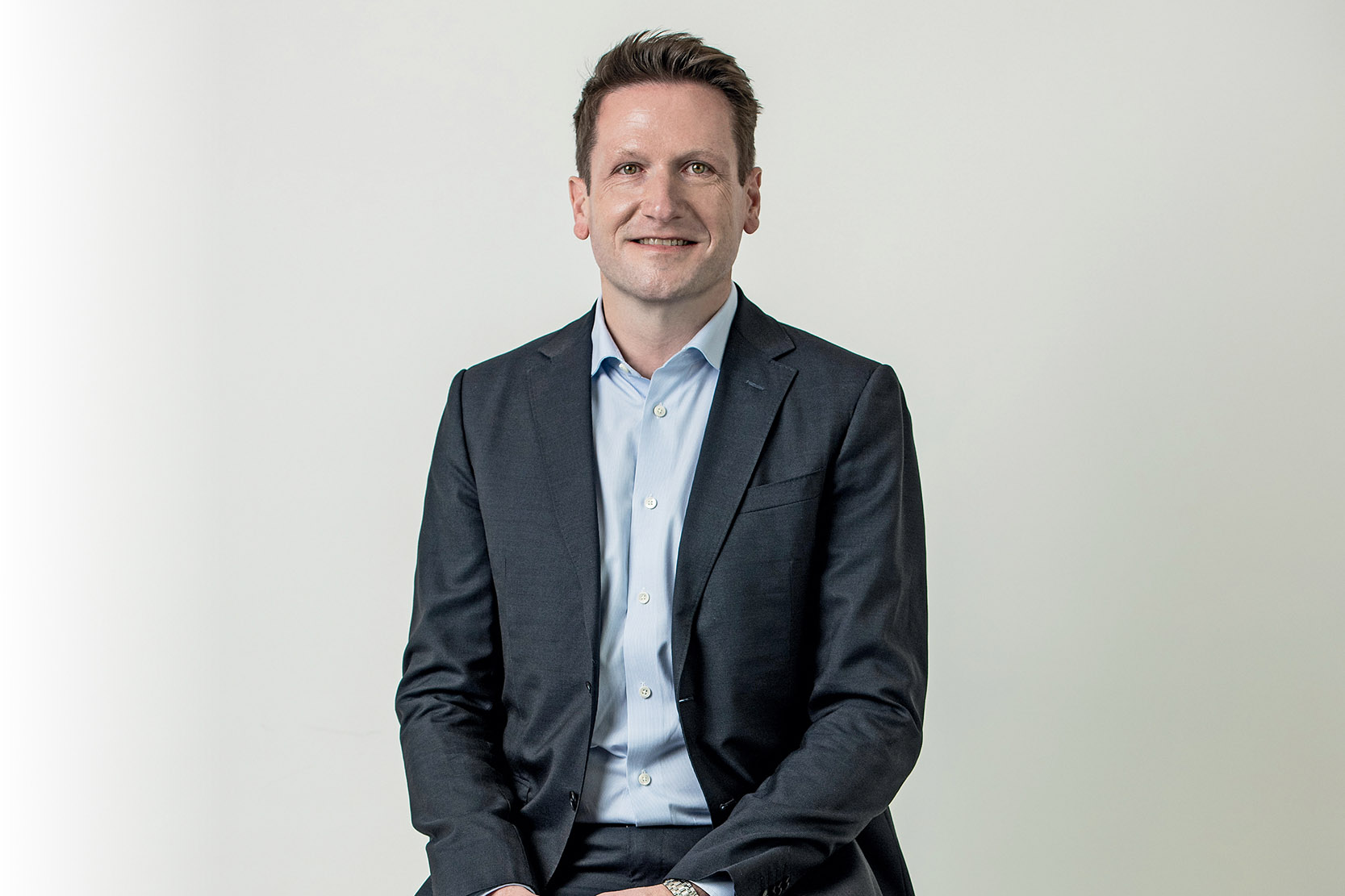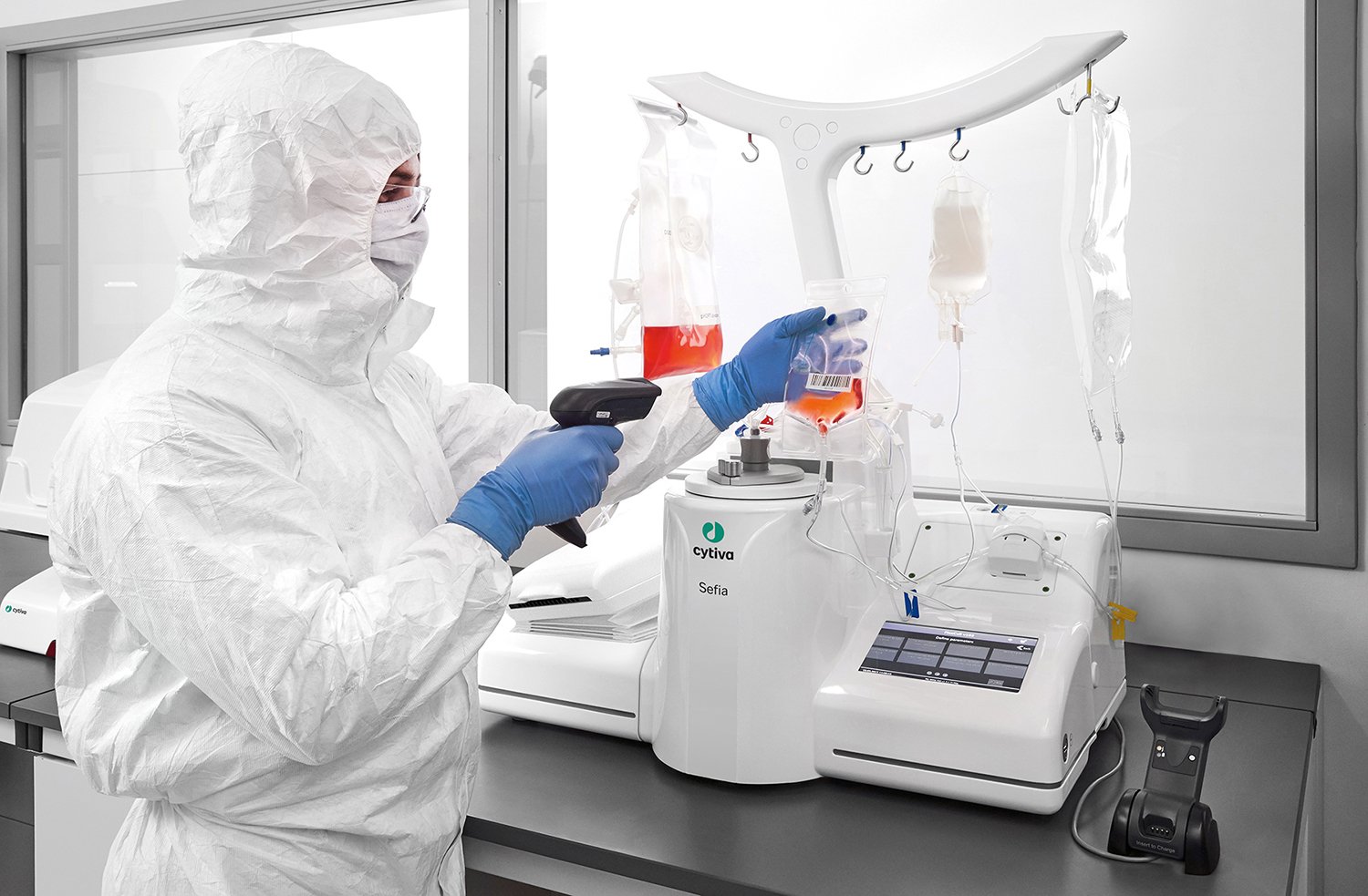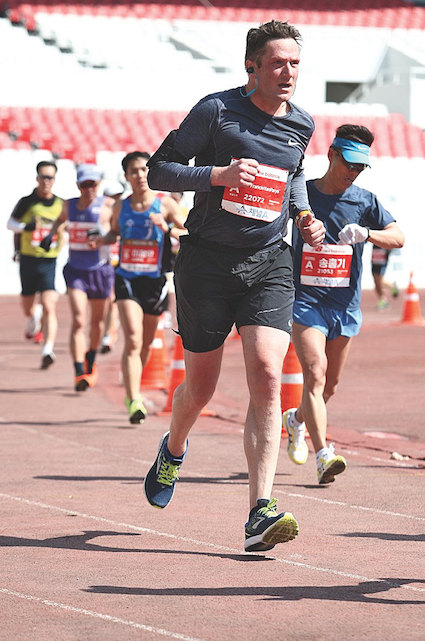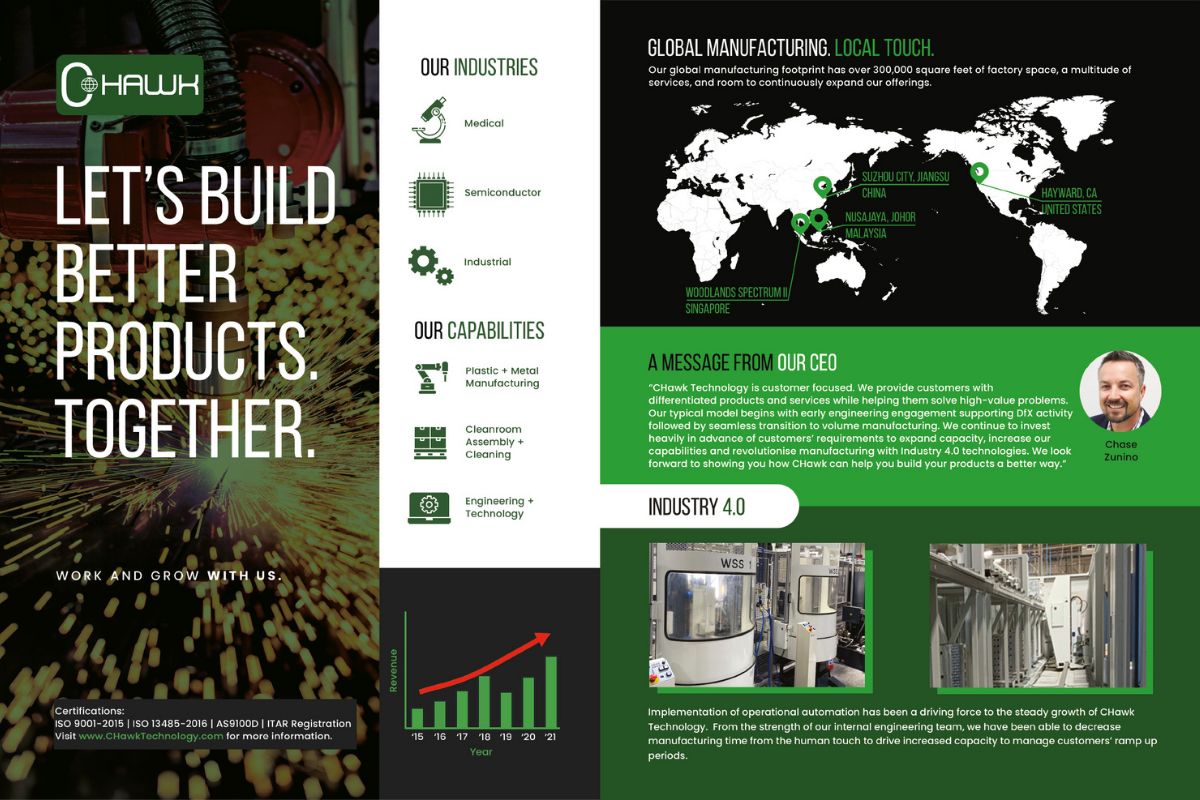There are some who had to step forward in the race to develop a vaccine at a time when biopharmaceutical research is a pressing priority to tackle a global pandemic. Cytiva is one company near the front of that race.

It has close to 2,000 associates in the Asia–Pacific region and is a global life science leader in supplying the technology, tools and services – “the pots, pans, soups and sauces”, according to Vice President, Asia–Pacific Francis Van Parys – to assist its customers in biopharmaceutical research, manufacturing and diagnostics.
Francis arrived in that position rather circuitously. He studied materials engineering in Belgium before joining GE Power Controls in a leadership program. He filled sales and marketing roles for about eight years before making the unlikely switch into GE Healthcare Life Sciences in 2009.
His transferable skill, he says, was his experience in dealing with distributors and direct channels, which the life sciences business required at the time. It was a radical change from a market mechanism standpoint, because the nature and sophistication of customers and their technology are very different, so the change was not easy, especially with little initial credibility.
“You have to watch your customers, your team and peers, and demonstrate that you can learn quickly and effectively, but I did enjoy the steep learning curve,” Francis recalls.
Pandemic pressure
When the COVID-19 pandemic struck, GE Healthcare Life Sciences was contacted by a number of academic institutions and pharmaceutical companies to help with their development of vaccines.
At the same time, however, GE Healthcare Life Sciences was merging into Danaher Corporation, complicating its increase in production capacity to respond to the new demand. “We were very lucky to be supported by Danaher in that, even though we were new to their portfolio,” Francis says.

“We looked at where we could expand quickly in existing locations, because that’s the fastest way. Our first plans were adding buildings and production lines, and running extra 24/7 shifts, which we did globally.
We also started our investment program of US$500 million over five years, we hired about 1,000 people in the US, Austria, Sweden, Switzerland, China and Singapore, and increased automation.
“We believe that the demand from COVID-19 will continue over a number of years, but we need to measure the progress and health of our base business. We see that progress continuing – it’s still a very healthy growth, even though, at some point, the impact of vaccinations and therapeutics will reduce.”
I think a leader is, to a huge extent, determined by the people he or she has the privilege to work with.
The complexity of the supply chain dictates that relationships with suppliers be airtight for security of supply, with multiple options for critical components, Francis points out. Cytiva secured supply at a very early point in the process to circumvent any weak links breaking the whole chain.
Francis has some flexibility now to consider alternative solutions without compromising quality and safety while at the same time trying to be more creative than previously.
“We try to stick to the set processes we have in place but respond as quickly as we can, because we have to. Collaboration between ourselves, suppliers and peers in the industry has increased significantly. Hopefully, that is here to stay,” he predicts.
“Our customers are understanding, but obviously under pressure. We’re all in the same situation. They appreciate the transparency of communication and our data-driven approach.”
Cytiva’s day-to-day activities in advancing and accelerating therapeutics will not change while it continues to support COVID-19 programs as well as its base business. But in the Asia–Pacific region, there is also a trend for governments and customers to push for localisation, Francis reveals.
Collaboration between ourselves, suppliers and peers in the industry has increased significantly. Hopefully, that is here to stay.
“No countries want to be too dependent on neighbouring countries or governments,” he explains. “So while that still needs to be done in a responsible manner with an eye for competitiveness and costs, we do see an opportunity to contribute to that and help countries and our customers add infrastructure.”
Open doors
Cytiva’s global presence has inculcated a multicultural and collaborative internal culture, with no tolerance for hierarchical behaviour, Francis says. The mix of nationalities and cultures has worked well in the unusual circumstances, and established resilience among teams, which have become creative in connecting with each other.

That spirit has been a pleasure to witness, he says, and is an inspiration for him as a leader. “That’s lovely to see. I think a leader is, to a huge extent, determined by the people he or she has the privilege to work with,” Francis says.
“A key strength has to be understanding what drives people, what challenges them and what inspires them. It includes yourself – knowing yourself, being aware of what your strengths and weaknesses are to ensure that you surround yourself with the right people and utilise the right leadership style in the right circumstances.
“I hope part of my skill set lies there – to understand, motivate, listen and then work with people in a personalised manner. That is part of the way I like to work.” Francis learned managerial skills early in his career. He ‘inherited’ his first work team at the age of just 28, and most were old enough to be his father, he jokes.
Cytiva adds to its portfolio
Cytiva has acquired Canadian company Vanrx Pharmasystems, which manufactures robotic aseptic filling machines to more rapidly fill vials, syringes and cartridges. This is Cytiva’s first corporate acquisition.
“They had plenty of experience. They knew the business much better than I did, so as a new manager, I had to find ways to motivate and help them.” But he quickly learned that it wasn’t going to be by telling them how to do their jobs.
“Instead, I had to learn how to utilise skills around listening, understanding and supporting them rather than directing them. There was no other way. That, I think, is pretty close to my natural style. The experience has definitely taught me to keep that as the go-to style when I work with teams.”
Francis now sees mentoring as one of the most important aspects of his present role. He gains real satisfaction from seeing people develop, taking on new roles and growing personally, and has made it a key part of Cytiva’s culture to provide new opportunities to employees. “The life sciences industry does not have enough professionals,” he says.
“The role of mentor is the best part of my job, working with younger people, giving them opportunities, even when they’re not quite ready, and I see them fail. But the lessons learned from those failures overcompensate for any potential downsides on the moment itself.”
Francis considers Kieran Murphy, currently the President and CEO of GE Healthcare, as one of his great mentors, who told him to “fix the roof when the sun is shining”.
“For me, that really rings true in attention to continuous improvement, questioning yourself, making yourself better every day. Even when things are going well, don’t rest on your laurels.” Francis finds time for problem-solving in running, which he enjoys about five times a week. “It clears my head, and gives me some space and oxygen,” he says.
“I try to do it before work starts or around lunch so I can benefit for the remainder of the day. Things that are lagging in your head, or underlying concerns you want to figure out, they come up during running and they crystallise. I do some of my most productive thinking during that time.” It’s a fitting metaphor for the ongoing race to vaccinate the world against COVID-19.
Proudly supported by:



